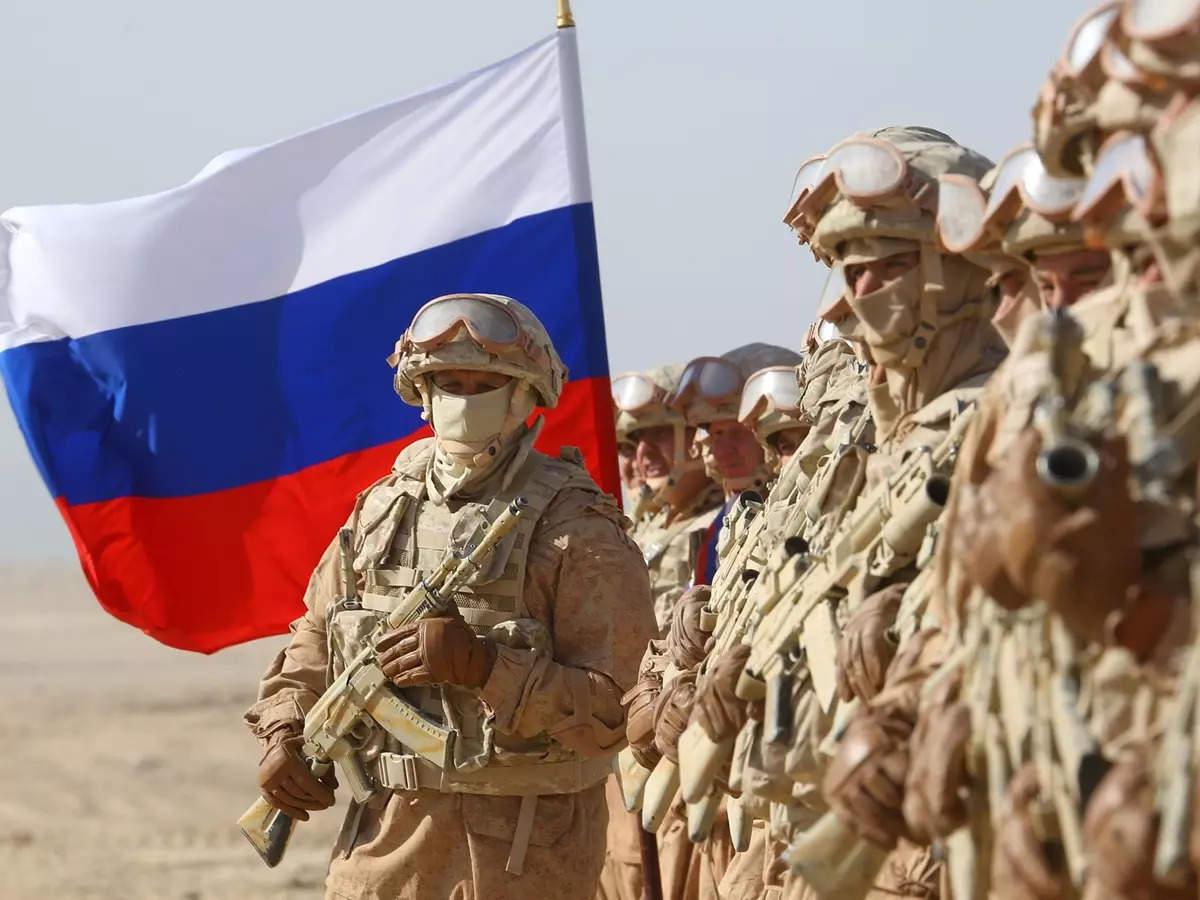By Brian Ly | Copy Editor
[NOTE: After date of article publishing, Russia attacked Ukraine with military troops.]

As of Feb. 23, Russia had ordered troops into the Donbas region of eastern Ukraine, an area controlled by Russian-backed separatists. Their movement has raised the concern of a full scale invasion of the country.
Since December, Russia has been moving troops and military equipment to its border with Ukraine, amassing approximately 100,000 troops.
Amid the political crisis, President Vladimir Putin has also released security demands, asking that the North Atlantic Treaty Organization (NATO) deny Ukraine and other ex-Soviet countries from joining the military alliance.
The threat of invasion is one reflected by Russia’s past involvement with the country. In 2014, in response to months of protest and the toppling of Ukraine’s pro-Russian government, Russia annexed Ukraine’s Crimean Peninsula and financially supported pro-Russian separatist movements in eastern Ukraine.
The result was a war that has continued for the past six years, costing an estimate of over 14,000 lives.
While Moscow has denied any plans of invasion, British intelligence has released statements of Russia planning to install a pro-Russian leader in Kyiv, along with American intelligence pointing towards Russian efforts to use a false pretext of aggression to justify an invasion of Ukraine.
President Joe Biden and his administration have been actively seeking a diplomatic end to the crisis, but Biden’s warnings of severe economic consequences have resulted in packages of sanctions aimed at Russia’s economy.
Legislation involving economic sanctions, or restrictions placed on a country to deny it opportunities in trade, have been placed by the United States and the European Union on Russia as a response to Putin’s military aggression.
These sanctions, mostly targeting Russia’s energy sales that make up a majority of their economy, continue to act as a levy to discourage any plans of invasion.
The European Union’s sanctions have targeted specifically Russian politicians, along with blocking trade in regions of eastern Ukraine. Sanctions from both the European Union and the U.S have aimed to apply penalties on Russian banks.
Germany has also halted the Nord Stream 2, a gas pipeline from Russia, targeting the country’s energy industry.
As NATO continues to deny concessions and Russian security demands, the Russian president has warned Moscow would take unspecified “military-technical measures” if the West continues to ignore Russia’s demands. Despite this, the U.S and its allies have been firm in their decision to not deny NATO membership to former Soviet countries, along with refusing to withdraw troops and weapons from neighboring countries.
In early February, in response to Russia’s military buildup, Biden also approved the deployment of 2,000 troops based in the states to Poland and Germany, along with repositioning 1,000 troops based in Germany to Romania to help support NATO allies close to Russia’s borders.
“These are not troops that will go into Ukraine,” stated Press Secretary Jen Psaki in a press briefing on Feb. 2. “This is the United States abiding by our commitments under Article 5 to support [and] reassure our partners in the region.”
Ukraine has a long history with Russia, but the two countries most importantly formed the Slavic core of the communist Soviet Union with Belarus.
As Ukraine sought further democratic integration within Europe after the dissolution of the union, Russia has wanted to bring Ukraine’s capital, Kyiv, back under its control. Kyiv is often considered the birthplace of Russian civilization, being the center of Slavic tribes that preceded the nation-states of both Russia and Ukraine.
Ukraine’s cultural ties are also related to Russia, being the native language of many Ukrainians throughout the country.
